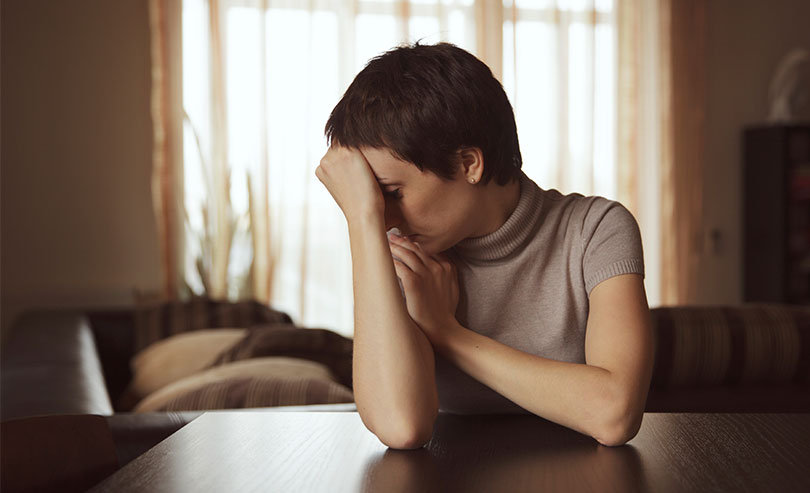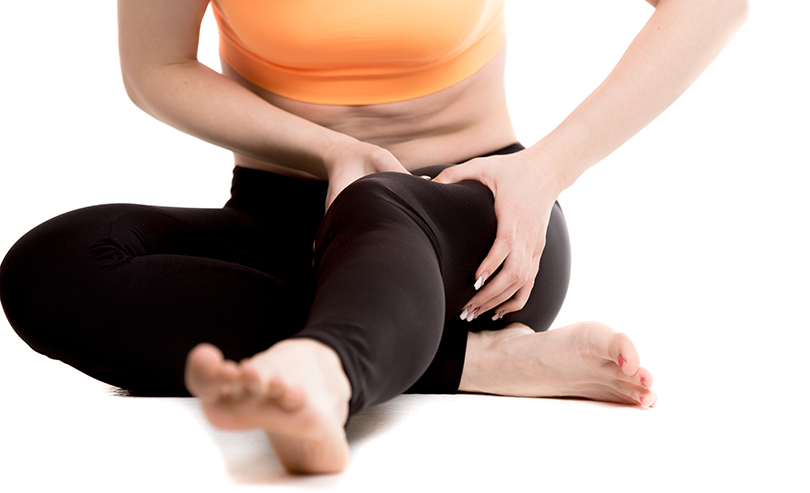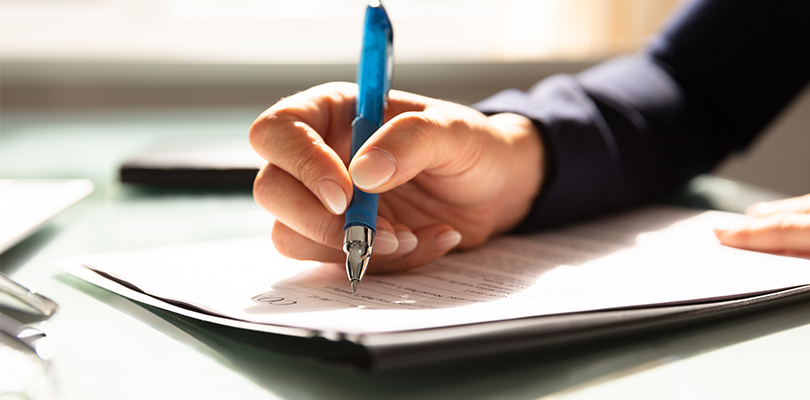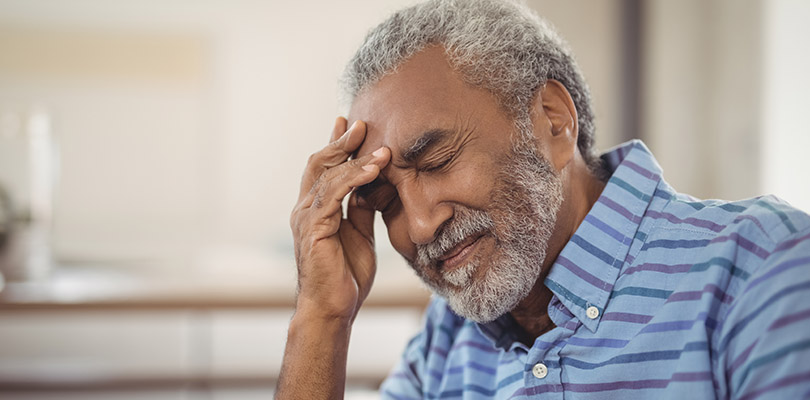Photo Credit: Dimedrol68 / iStockPhoto.com
Fibromyalgia and Anxiety
Anxiety, the blanket term that applies to varying symptoms like worry, physical tension, restless, trouble sleeping, and fear of the worst happening, is very often associated with fibromyalgia. In fact, as many as 20% of all people with fibromyalgia will also have a diagnosable anxiety disorder.
The connection between fibromyalgia and anxiety is complex due its bidirectional nature — as fibromyalgia symptoms worsen, anxiety increases, and as anxiety symptoms worsen, fibromyalgia symptoms will increase. This puts extra pressure on you to maintain both areas equally or run the risk of debilitating symptoms from each.
Read on to find the simplest, most essential tips for reducing the negative impacts of fibromyalgia and anxiety.
Boost Your Knowledge
This article is a great starting point to begin your mastery of the link between fibromyalgia and anxiety, but by no means is it intended to be a replacement for medical information related to your unique symptoms and situation. Create a binder to be filled with information learned online from reputable sources. When you speak to other people with fibro, ask for their input and experiences in writing to add to your binder.
Of course, your team of doctors will be invaluable resources. Be sure to ask many questions and come prepared to your appointments to gain the highest benefit possible. If you find yourself forgetting the information, ask for the recommendations in writing. Inquire about helpful sources and pamphlet to take home to add to the binder. This library will help with your comfort and understanding of the disorders, especially when symptoms are high.
Work on the Physical Side
Fibromyalgia is a physical health disease. Though anxiety is primarily mental, it is associated with many undesirable physical symptoms, too. Since these problems target your physical health, it is up to you to fight back.
Two of the biggest difference-makers are sleep and exercise. By finding measures to improve your sleep hygiene, you can improve the quality and quantity of your sleep. Rather than thinking that you are doing everything correctly already, take another look at the results. Anything less than perfectly restful sleep requires more attention and willingness to experiment. If sleeping in your bed with the TV off is a foreign concept, practice better habits. The process may seem uncomfortable, but the end results will yield the payoff you have been seeking.
On any given “normal” day, the least little thing can trigger a full-blown flare-up leaving you feeling bruised and beaten, to say the least.
As far as exercise, even moderate amounts of exercise can make huge improvements. Strength training, cardiovascular exercise, and stretching can be enough to have you feeling better. When introducing exercise in your life, there is nothing that benefits you quite as efficiently as walking. Walking even 20 minutes three or four times per week can reduce pain related to fibro and physical tension related to anxiety.
Another exercise that improves anxiety as much as fibro symptoms is called progressive muscle relaxation (PMR). This exercise involves a pattern of tensing and relaxing groups of muscles in a systematic way to bring the sensation of relaxation to your entire body. Search online for a PMR script that fits your needs and abilities. Be sure to complete this in a safe way to reap only the rewards. A body that feels less anxious will lead to a mind that feels less anxious.
Work on the Mental Side
Working on the physical side will lead to a mental health benefit indirectly, since improved sleep and exercise will enhance your state.
To further improve the mental health aspects of anxiety and fibromyalgia, address the psychological symptoms directly. This can be completed in a myriad of channels including:
- Journaling. Journaling is a great exercise when it comes to processing information and feelings about the recent experiences and situations of your life. Journaling will help you identify and accept what you are feeling. It will also help you communicate your thoughts and feelings to others since you will have a better grasp of them.
- Changing self-talk. Take a look at your thoughts. What do you say to yourself throughout the day? Are you positive and optimistic or down and depressing? The statements you make to yourself have a direct effect on how you feel. You may not always have control over your feelings, but if you pay attention and modify your thoughts, you can begin to transition towards happier, more confident thinking.
- Stretch your comfort zone. Fibro will limit your abilities and energies. This is unavoidable. The real risk is when your anxiety convinces you to shrink your comfort zone to an artificially small level based on your fears and worries. Anxiety will tell you to stay inside because the outside world is full of dangerous situations and people that are determined to harm you. Ignoring these irrational thoughts will be paramount to conquer anxiety.
- Have fun. To fight anxiety and fibro, you have to search for the opposite experience. This will add much-needed balance to your life. For most people, fibromyalgia and anxiety symptoms are directly opposed to fun, so fun will be your solution. Fun will not come as easily as it once did. You will have to make it your quest on a daily basis to achieve some level of healthy fun. Spend time with friends, treat yourself to a nice meal, spend quality time with your pet. Breaking out of your old routines will add a sense of novelty to your pleasurable experience.
Conclusion
Fibromyalgia and anxiety are partners in crime. Unfortunately, you are the victim. Gain control over your health and well-being by expanding your understanding, working on the physical health, and then working on the mental health aspects of fibro and anxiety to show your symptoms who’s boss. You have the power to improve.







